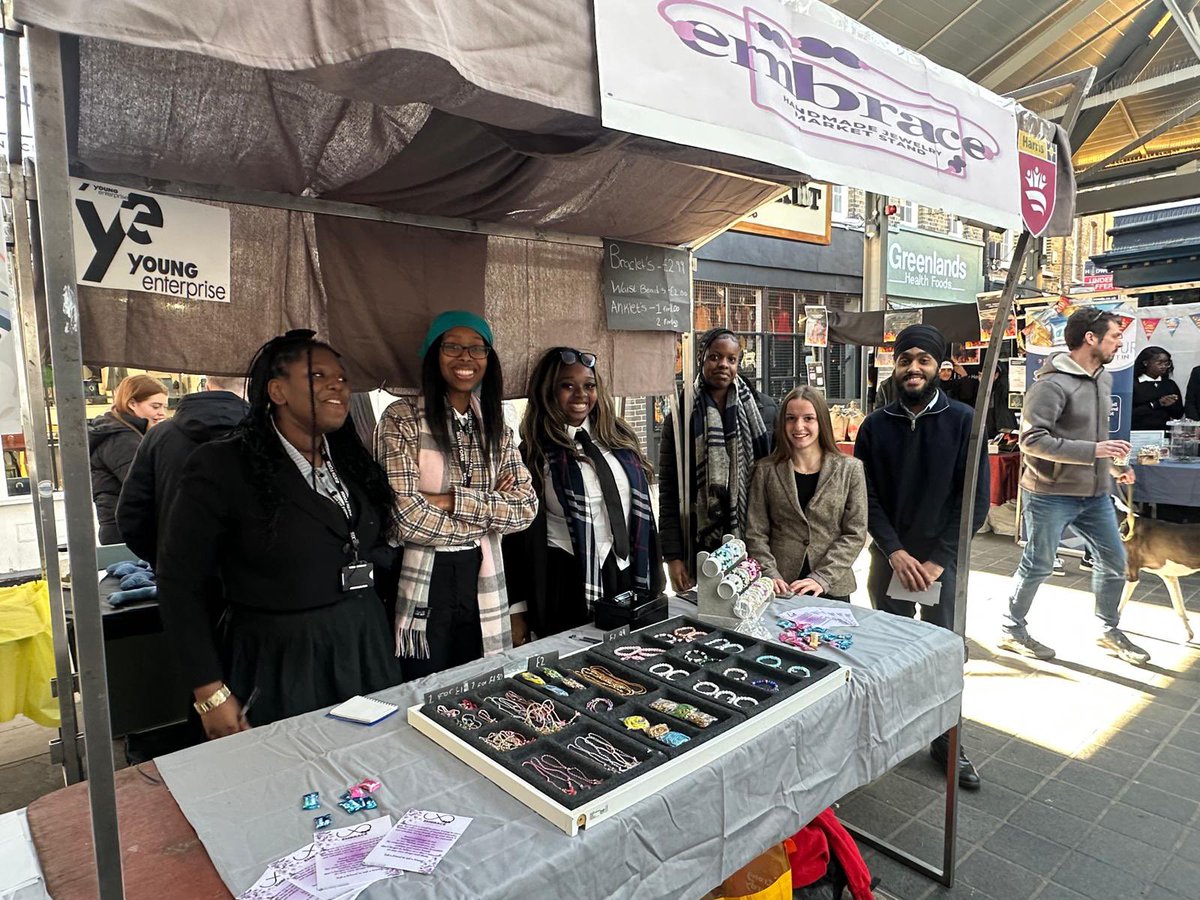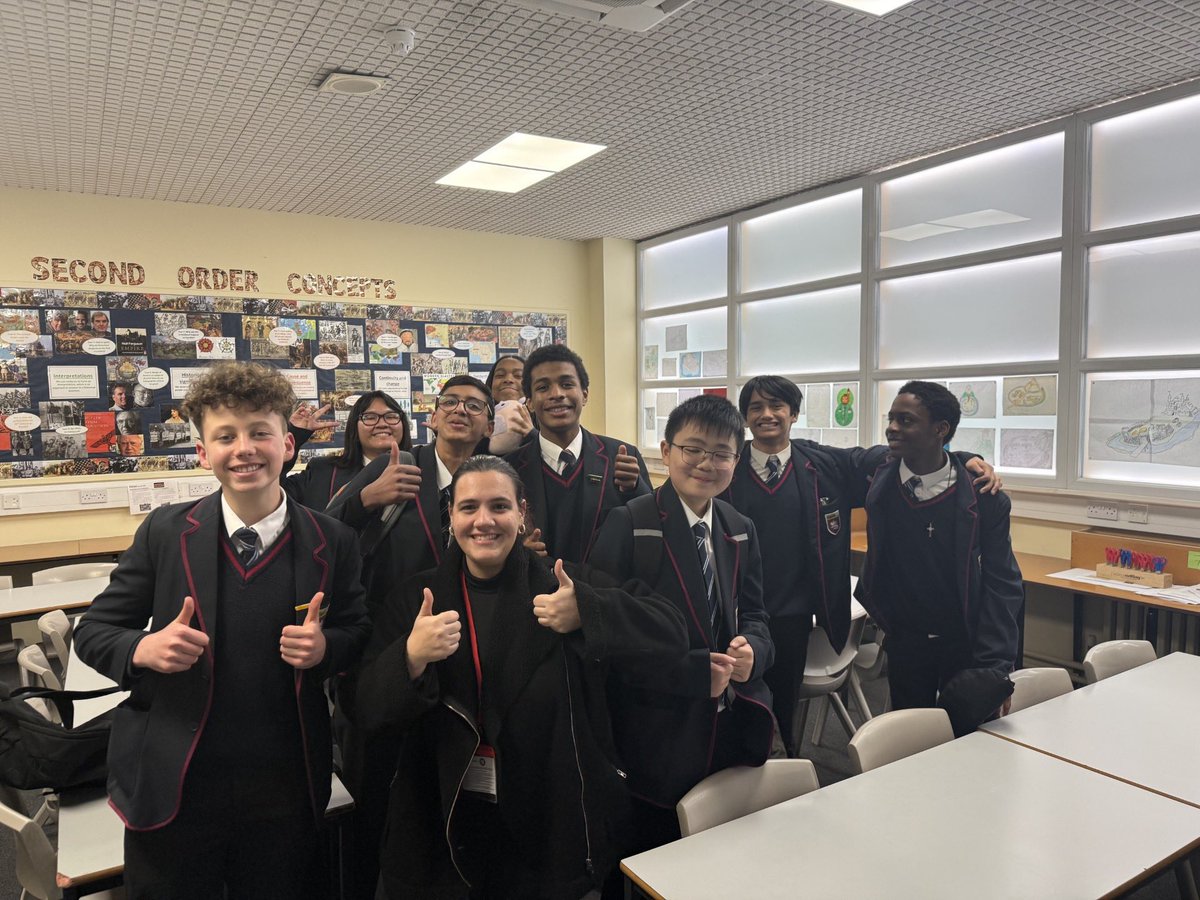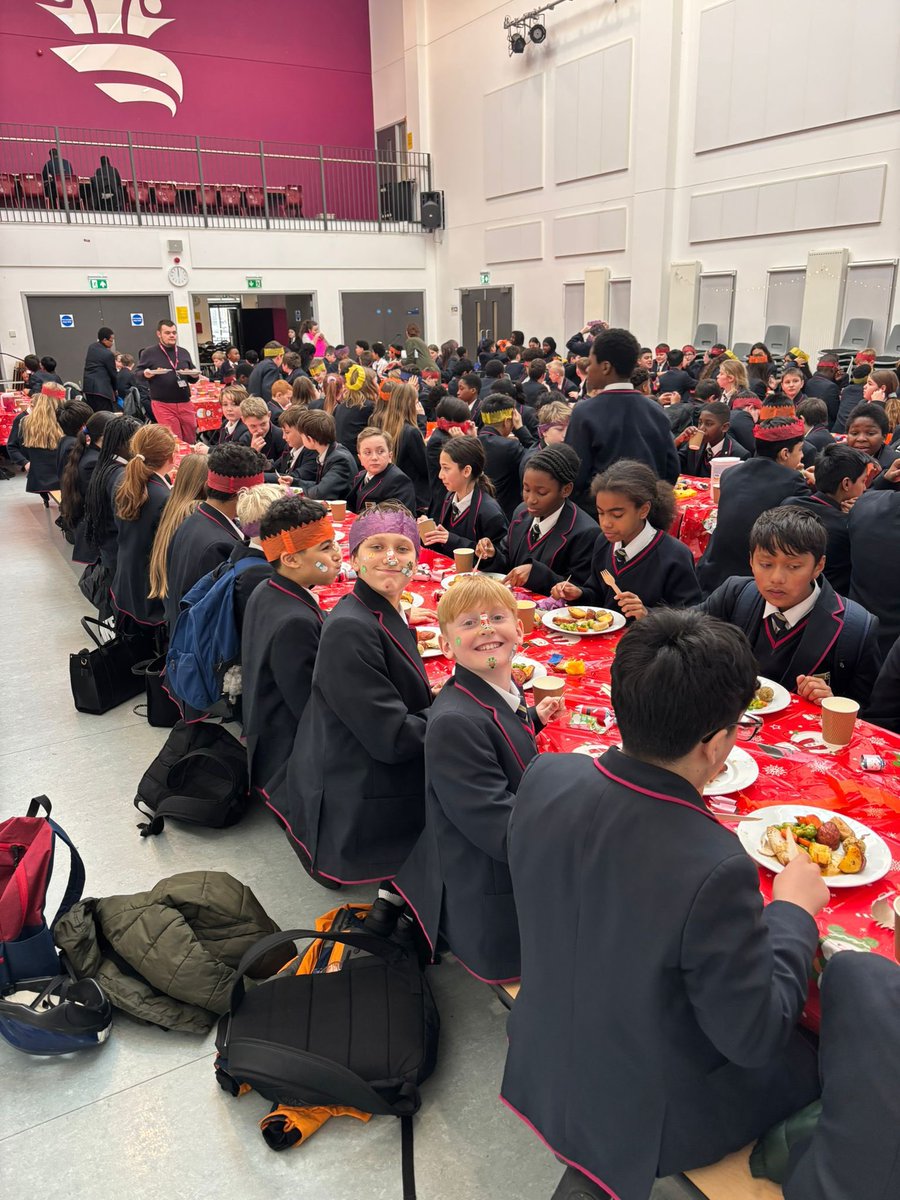History
History Curriculum Narrative
History is the story of humankind’s evolution throughout civilisation. It considers the significance and place throughout time of that which makes us human and contributes to our socialisation, such as culture, language, religion and medicine. History helps us understand people and societies, by offering a storehouse of information about how people behave. If we want to know why something has happened – a political party’s dominance of parliament, a popular protest movement or a war in the Middle East – we need to look back in time to find the answers. History is also the telling of stories and provides us with an awareness of the importance of identity, lineage and family. History is a subject that nurtures an understanding of British values of diversity, tolerance, equality and democracy that is developed through exciting and thoughtful enquiries of topics and time periods. Above all, students of history develop the ability to assess evidence and the confidence to form their own interpretations and views on society today. We have thought carefully about what it takes to go to university to study History and have worked backwards to build powerful knowledge and skills over time. Therefore, we hope to achieve this by enabling our students to have a strong sense of historical period, historical figures, trends, contexts and events through a largely chronological approach to the curriculum.
Our curriculum is carefully designed to develop our students’ understanding of concepts such as empire, government, monarchy, protest, oppression and war while retaining a diverse range of topics and periods, including a study of the Holocaust, the decades-long struggle for universal suffrage in Britain and an exploration of the origins of the Arab-Israeli Conflict and its significance today. Our curriculum also aims to develop a strong disciplinary knowledge of History where students are able to confidently discuss second-order concepts such as causation, continuity, change and significance. This enables our students to ‘work like a historian’ by examining sources of evidence and becoming familiar with historical arguments through examining interpretations, a valuable skill that helps our students understand what they read and therefore as a means of navigating the modern world’s mass media. By the end of our curriculum, our students will not only have acquired the knowledge, skills and critical thinking necessary to study History at university, but will be equipped with the wisdom to successfully navigate the challenges of modern society and to succeed in the future career of their choice.
KS3
Year 7
Students begin their study of History by asking the question ‘How did life change in Britian after 1066?’. Here they are introduced to concepts such as government, war and monarchy, where they learn about the arrival of the Angles, Saxons and Jutes to Britain, and then finally the Norman Conquest that began with the Battle of Hastings in 1066 that led to the establishment of Norman rule under William I. The students are gradually developed to ‘think like historians’ through an introduction to the second-order concept such as cause and consequence and begin practicing the ‘skills of the historian’ by learning to craft a paragraph using a point, evidence and explain structure, laying the foundations for more complex analytical and evaluative writing through KS3 and into KS4. Students will be introduced to hypotheses, and how to test for these using analytical and evaluative skills. Finally, students will be introduced to the concept of sources and how historians make use of a range of different sources. While the aim is by the end of Year 7 for students to begin testing source utility using contextual knowledge, at the start of the year students will begin by making basic inferences from a visual or written source, primarily through contemporary sources.
Year 8
Students begin the year by deepening their understanding of protest, oppression and race through a study of the Transatlantic Slave Trade with a particular focus on ‘why Britain abolished the slave trade by 1807?’ Students will be able to explain why Britain became involved in the trade, recount the differing experiences of slaves from contemporary sources and understand how and why it was the actions of slaves and former slaves themselves that was so important in the eventual abolition of the trade by 1807. The curriculum then transitions into a study on the Black British experience and the struggle for civil rights since the arrival of the Empire Windrush in 1948 before moving onto a study of the women’s suffrage movements in the early Twentieth Century. These units provide students with the foundation of core knowledge to refine their understanding of cause and consequence and begin to consider change and continuity, through hypothesis testing where students now begin to practice writing conclusions in order to develop their analytical and evaluative skills. A ‘Britain at War’ depth study also provides the opportunity for students to hone their understanding of change and continuity by examining the transformative aspects of the World Wars on British society. Most powerfully for the students, the transformative aspects are examined through the lens of a local site study at Chislehurst Caves, which was used as an air raid shelter for local workers in Woolwich during World War II. This also is the chance to develop students thinking around source utility as this period provides a wealth of contemporary sources ranging from government propaganda to the letters and diaries of soldiers. Students are pushed to develop an understanding of authorship and how this can affect the utility of a source, by considering aspects such as the origin, purpose and nature of a source.
Year 9
Students begin the final stage of KS3 with a study of the impact of the British Empire on the ordinary people of India and on colonies in Africa such as Ghana and Kenya. This is a broadly thematic study where students revisit concepts such as empire, war, protest and nationalism, but are also introduced to new concepts such as decolonisation as they move through the unit which retains the focus on the consequences of empire for the colonised. The Holocaust unit asks students ‘how did experiences of the Holocaust differ?’ bring to life the diversity of Jewish experience during Nazi Germany to deepen their understanding of the Holocaust as both a societal and individual experience. Therefore, our approach to teaching the persecution of the Jews aims to provide the historical context of the Nazi period, first through an examination of Jewish life in Europe during the 1930s to leave students with an appreciation of its diversity before tackling the antisemitic stereotypes and myths inherent in Nazi ideology. Our approach to Holocaust education is to allow the space for students to examine and challenge antisemitic stereotypes with their knowledge of Jewish culture, life and identity in Europe before the war, a critical skill which our students can take beyond specifications and examinations and into their later lives. The final unit of KS3 is a study of the significance of the Arab-Israeli Conflict (c.1917-present) where again students are provided with a platform to deepen their understanding of core concepts such as nationalism, war, protest, oppression and religion, but are now introduced to new concepts underpinning international relations such as diplomacy, treaties and peacekeeping. While this unit provides a solid platform for students transition to the international relations 1918-1939 unit at the beginning of Year 10, it also provides a greater appreciation of conflict and its significance today, particularly as they finish Year 9 with a contemporary study of the Gaza Strip and the ‘roadmap to peace’ between Israel and the Palestinians.
In preparation for the transition to KS4, these units provide ample opportunities for students to now begin to master their source evaluation skills by testing a range of sources using both knowledge and provenance. Students will have mastered writing two PEE paragraphs in response to a hypothesis and will begin demonstrating a sustained judgement in their essays. Finally, students are introduced to historical interpretations and will practice analysing and evaluating in relation to historical context, different ways in which aspects of the past have been interpreted.
KS4
Year 10
As students progress to KS4 they will draw upon their experience at KS3 around testing source utility, evaluating interpretations and hypothesis testing, as well as their knowledge of core concepts such as democracy, dictatorship and protest. In Year 10, students will begin with a study of international relations between 1918-1939, revisiting concepts from our KS3 curriculum such as war, diplomacy, peacekeeping and foreign policy. Having developed their writing of PEE paragraphs and conclusions by the end of Year 9, students hone this in Year 10 by testing hypotheses around the causes of the outbreak of the Second World War and the collapse of the League of Nations in the 1930s. Furthermore, students will hone their skills at constructing narratives by writing more complex accounts of international crises during the interwar years while demonstrating an understanding of cause and consequence. Students also develop their skills with sources by testing the utility of a range of sources to a more complex level, for example by examining the relationship between sources and together how they would have utility for historians. Later in Year 10, students begin their study of Germany between 1890-1945, a period of significant upheaval and change where students once again revisit concepts learned at KS3, particularly monarchy, democracy, dictatorship and protest. Moreover, students master their evaluative skills around historical interpretations, moving beyond the ability to read extracts and to summarise the arguments of historians, to evaluating the most convincing arguments between pairs of interpretations. During their study of this period of German history students will also develop their fluency in explaining change and continuity, with a focus on social, economic and political factors that acted as vehicles of change during turbulent events such as the First World War and the era of Nazi Germany.
Year 11
Students begin their second year of GCSE with a depth study of the reign of Elizabeth I between 1558-1603, where they draw upon prior knowledge of concepts learned at KS3, particularly around the historical context of Elizabeth’s ascension to the throne in 1558. Concepts such as reformation, Catholicism, protest, monarchy and parliament are revisited and serve to provide a foundation of core knowledge that students apply to their study of this complex period of British history. This depth study also provides students with the opportunity for a site study from the Tudor period, which in past years has focused on sites as diverse as Hardwick Hall in Derbyshire and the Globe Theatre in Southwark where students are asked to test hypotheses around a range of second-order concepts such as causation, consequence and change while drawing upon a variety of social, economic, political and cultural factors particularly prevalent in the Elizabethan Age. Having been introduced to the skills of enquiry through the study of historic sites at KS3 with the study of the use of Chislehurst Caves as an air raid shelter during the Second World War, students master the interrogative skills required to understand the causes, changes and consequences around the development of historic sites in the Elizabethan era. The final focus for Year 11 is a thematic study of health and the people in Britain over time from c.1000-present. In this sequence of lessons, students once again draw upon their knowledge of core concepts introduced in KS3 and revisited earlier in KS4, such as the influence of factors ranging from religion, war, economy, science and individuals on the development of medicine since the Middle Ages. They also draw upon their prior knowledge of public health, which is introduced in Year 7 with a study of the innovations of the Islamic Empires during the Middle Ages and the emergence and consequences of the Black Death’s arrival in Britain. They also hone their skills at testing source utility, and finally master their skills of analysis of historical trends through second-order concepts such as similarity and difference and the significance of individuals, breakthroughs and events on the development of medicine.
KS5
Year 12
Students begin their A-Level course with a study of International Relations and Global Conflict (1890-1941), a course that examines a period in which political ambitions and rivalries between nations plunged the world into two world wars. Students revisit and develop concepts such as nationalism, militarism, diplomacy and war and are introduced to new concepts such as the European ‘balance of power’ and how this was undermined by the rise of Germany and other powerful underlying factors such as the wave of revolutions that encompassed Europe towards the end of the First World War. They also draw upon their knowledge acquired in KS4 around the escalating international tensions in the interwar years that ultimately led to the outbreak of the Second World War. Moreover, this course develops our students’ understanding of Britain’s place in the world in post-war Britain and how our diverse society has been shaped by the Empire. Having mastered skills such as source evaluation and hypothesis testing by the end of KS4, students now apply these skills to more complex questions at A-Level where they are required to assess the validity of a range of contemporary sources. Simultaneously, students also embark on a study of the Tudor dynasty (1485-1603) where they begin with a study of the reign of Henry VII and refine their understanding of concepts learned at KS3 and KS4 such as government, monarchy, and parliament and themes such as the development of the modern British state, and the relationship between Church and State in contemporary society. Having developed their skills at evaluating historical interpretations by the end of KS4, during their study of the Tudor period students now begin to refine their skills at evaluating extracts, now being required to make complex assessments of historians’ arguments as well as deriving meaning and purpose to a more complex level.
Year 13
Simultaneously, students continue with their studies of international relations and the Tudor dynasty, where they begin to show mastery of other skills such as source validity and utilising extracts, in preparation for their final exams. Regardless of their final grades, by the end of their History education our students have refined and deepened their knowledge of our powerful core concepts and developed and mastered a range of skills that prepare them for university, future careers and above all to be successful, happy and innovative citizens with much to offer society in their future life outside of education.
Interwoven throughout the two year A level program, students conduct their independent research of a 100-year study of the American Civil Rights movement from Abraham Lincoln’s Emancipation Proclamation in 1863 to the assassination of Martin Luther King in 1968. This is the non-examined aspect of the course, and is where students now apply the ‘skills of a historian’ that they have developed and mastered since the beginning of Year 7, by setting their own historical enquiries and collecting a body of their own research before testing their own hypotheses and drawing their own conclusions around this turbulent period of history. Moreover, students draw upon their understanding and knowledge of protest, oppression and change acquired at KS3 and KS4, as well as their narrower study of the Civil Rights movement in Year 8 to this broader study of the successes and failures of the period.






















